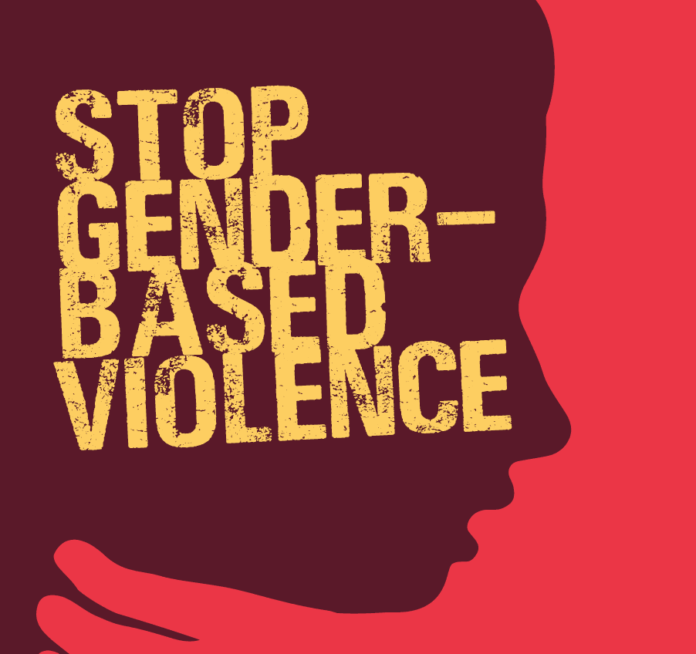Jamie Sanders, Director of the Department of Gender Affairs, discussed the fight against gender-based violence, noting that many males are also victims.
The two most difficult aspects of tackling gender-based violence, according to Sanders, are that it is a delicate topic that people ignore, as well as the misperception that only women are abused.
Sexual, physical, mental, and economic harm committed to public or private are all examples of gender-based violence. Threats of violence, coercion, and manipulation are also included. Intimate partner violence, sexual violence, child marriage, female genital mutilation, and so-called “honour crimes” are all examples of this.
“Many males aren’t coming forward about being abused in relationships,” Sanders added. “Yes, women are more vulnerable to relationship abuse, but many men are also harmed.”
“Many men are verbally abused by women, and occasionally, rather than walking away, the man is unable to handle his bottled-up rage, and this causes them to become a voice and even harmful,” he continued.
A total of 60 people have requested assistance from the Department of Gender Affairs. Women account for more than 90% of gender-based violence in Antigua. He stated that ten per cent of men are molested, which is a fairly high figure.
“Men coming out is not going to be easy for many men who feel ignored, and they feel neglected because they don’t know how to properly cope and process their feelings,” Sanders said.
“Many men are unable to articulate the things they want to see for their betterment,” he says, “and this is detrimental to their mental health and relationships.”
Many men did not have proper fathering as children, and as a result of this neglect, they are unable to deal constructively with life’s obstacles. This is a common issue in their romantic relationships, and this emotional deficiency may have an impact on the women in their lives. This lack of supervision and affection may have a variety of effects on their children, including traumatising them and teaching them poor coping skills.
As a culture, we are kinder to women, and males are stereotyped as abusers, which is not always the case.
There are intervention programs at the Department of Gender Affairs for both men and women who may require assistance with gender-based violence.
Counselling, anger management, legal counselling and protection, court advocacy to help clients in court, and protection order assistance are just a few of the services provided.
Contact the Department at (268) 560-5207 if you or a loved one is experiencing gender-based violence and may require immediate assistance.
